# Social Media Impact on Judges in India
# Social Media Impact on Judges in India
Social media has become a ubiquitous part
of our lives, influencing the way we communicate, share information, and make
decisions. It has also transformed the legal profession and the judiciary,
offering unprecedented opportunities and challenges for judges and lawyers in
India.
## Opportunities
Social media can be a great educational
forum for judges to update their skills, gain knowledge, and open their minds
to the wonders of the world. It can also help them stay connected with the
community they serve and understand their needs and expectations. Social media
can also be a platform for judges to express their views on legal issues, promote
judicial reforms, and enhance public trust and confidence in the judiciary.
For example, Justice D.Y. Chandrachud, a
judge of the Supreme Court of India, has been active on Twitter and has shared
his opinions on various topics such as constitutional values, human rights,
gender justice, and environmental law. He has also participated in online
events and webinars to interact with lawyers, students, and civil society
groups.
## Challenges
However, social media also poses
significant risks and challenges for judges, especially in terms of maintaining
their integrity, impartiality, independence, and dignity. Judges have to be
extra vigilant and exercise selective restraint while using social media, as
they are bound by ethical codes of conduct and judicial norms.
Some of the challenges that judges face while
using social media are:
- Exposure to public remarks and sentiment towards a case before
trial can have an effect on judges' decision-making process. Judges have to be
careful about what information they receive and by whom, and avoid being
influenced by external factors or biases.
- Judges also have to be careful about how they are perceived on
social media by the public, the media, the litigants, and their peers. Judges
have to avoid any appearance of impropriety or conflict of interest that may
undermine their credibility or authority.
- Judges also have to be mindful of the potential consequences of
their social media posts or comments on their personal or professional lives.
Judges have to respect the confidentiality and privacy of their cases,
colleagues, litigants, and witnesses. They also have to refrain from making any
inappropriate or offensive remarks that may harm their reputation or dignity.
- Judges also have to be aware of the legal implications of their
social media use, such as contempt of court, defamation, breach of privilege,
or violation of fundamental rights. Judges have to abide by the law and the
constitution while expressing their views or opinions on social media.
##
Some examples of social media impact on judges are:
- In India,
some senior advocates have been accused of writing articles or making comments
on social media that raise doubts about the Supreme Court’s efficacy or
independence, especially in sensitive or high-profile cases. This can
potentially influence or malign the judges who are hearing those cases.
- In the
United Kingdom, a judge was reprimanded for posting comments on his personal
blog that criticised the government, the legal aid system and some of his
colleagues. The Judicial Conduct Investigations Office found that his
comments were incompatible with his judicial role and damaged public confidence
in the judiciary.
- In Australia,
a juror was fined for contempt of court for posting comments on Facebook about
a trial he was serving on. The judge found that his comments were
prejudicial to the administration of justice and could have influenced other
jurors or the public.
## Can a judge be disqualified from hearing a case due to social media activity?
Yes, a judge can be disqualified from hearing a case due to their
social media activity, if it violates the ethical rules or principles that
govern the judicial conduct. For example, a judge can be disqualified if their
social media activity:
- Shows bias or
prejudice in favour of or against a party, a lawyer, a witness or an issue
involved in the case.
- Reveals
personal knowledge or information about the case that is not part of the public
record.
- Creates
an appearance of impropriety or undermines public confidence in the judiciary.
- Interferes
with the fair administration of justice or the dignity of the judicial office.
## Conclusion
Social media is a double-edged sword for
judges in India. It can be a useful tool for enhancing their knowledge, skills,
and outreach, but it can also be a source of trouble and controversy for them.
Judges have to balance their rights and responsibilities while using social
media and adhere to the principles of judicial ethics and conduct. They have to
be cautious, prudent, and respectful while engaging with social media platforms.

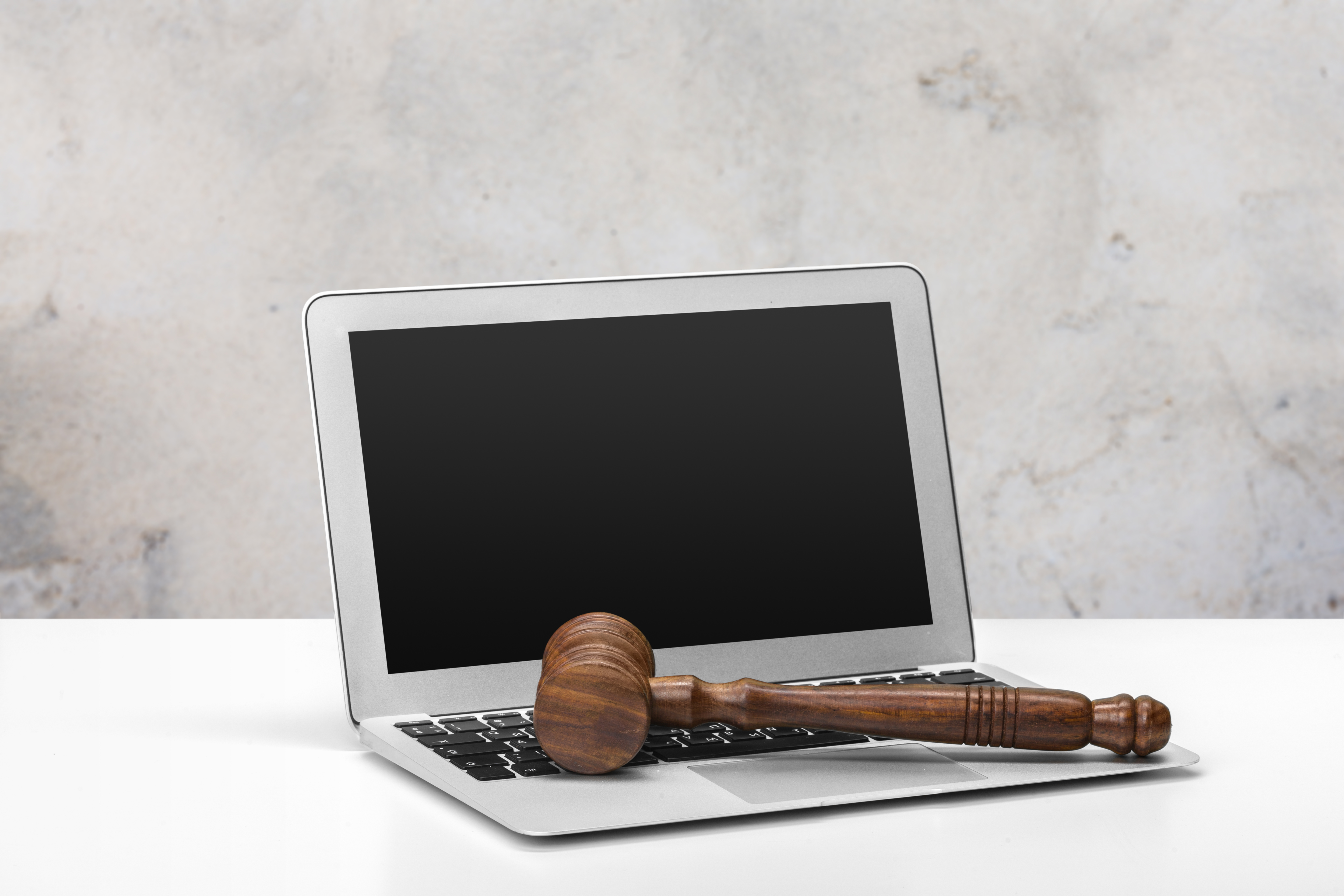




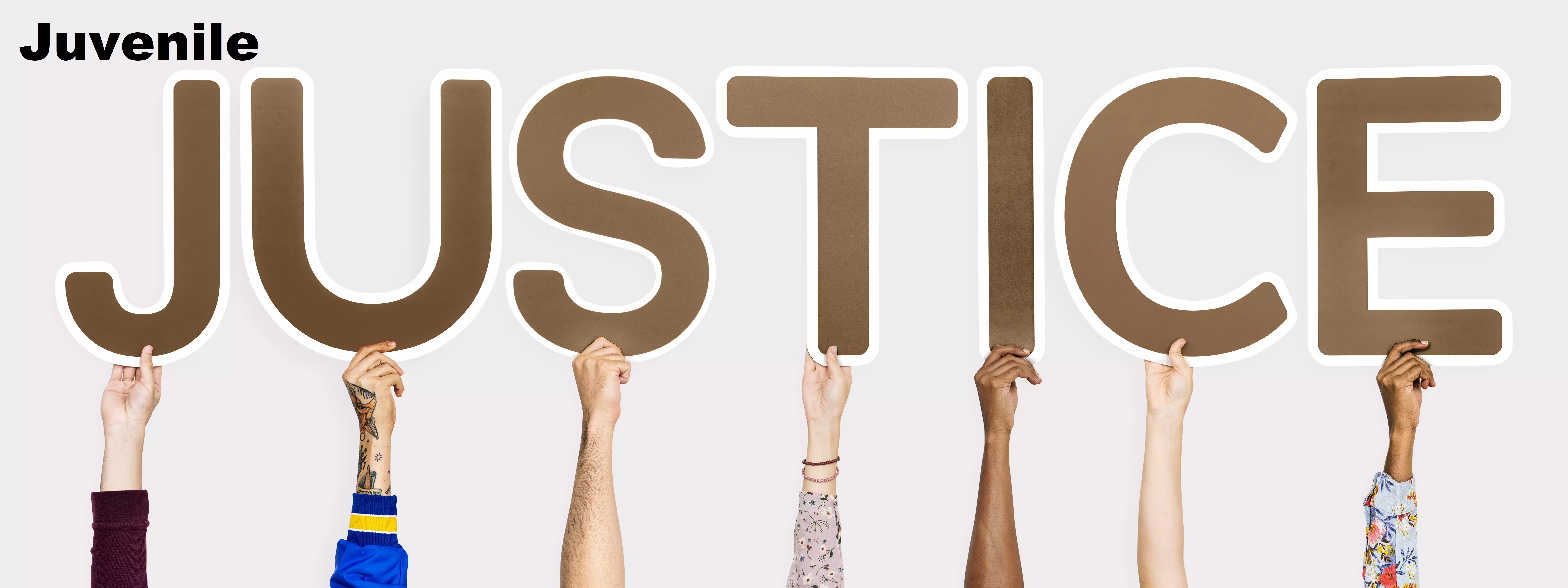

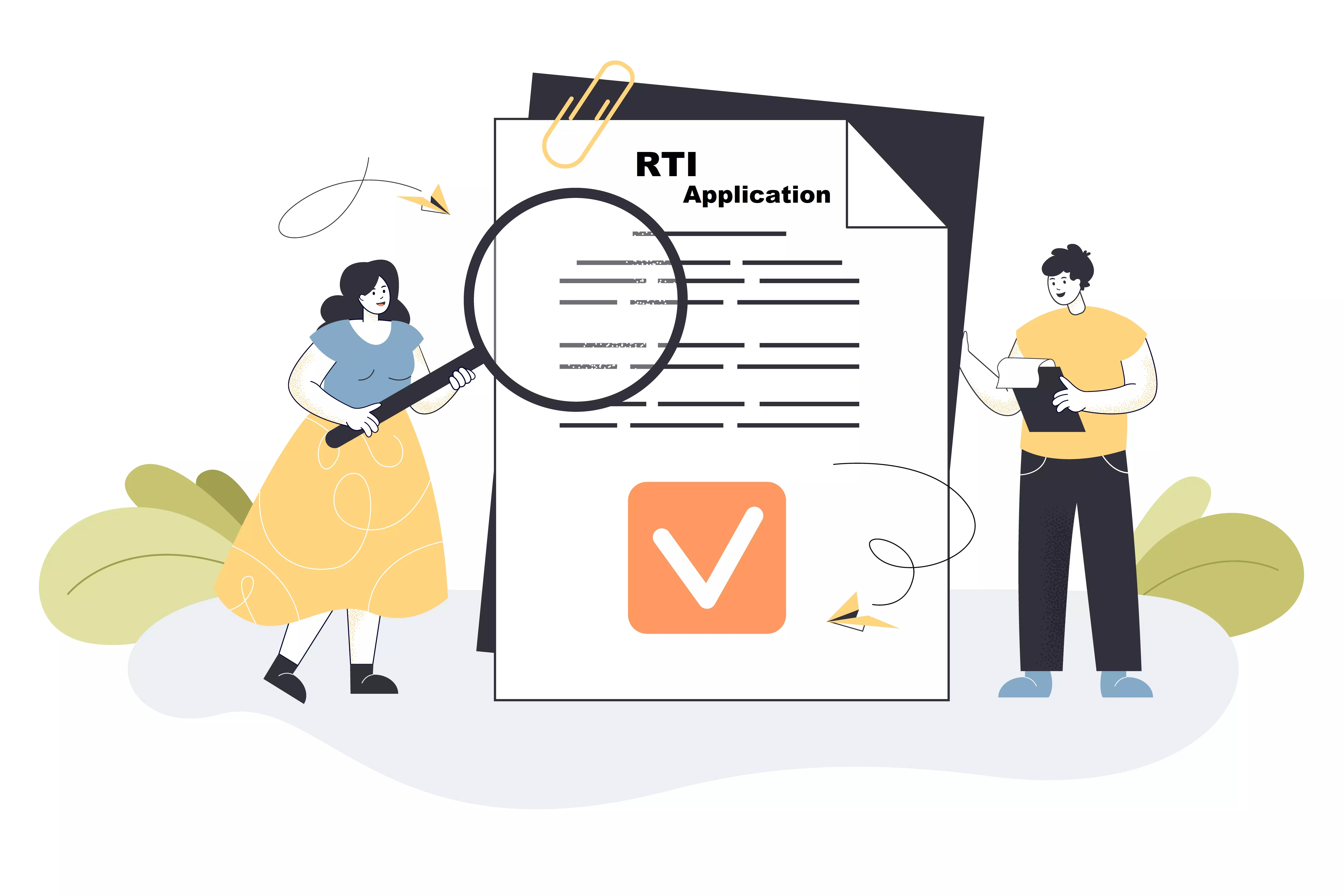
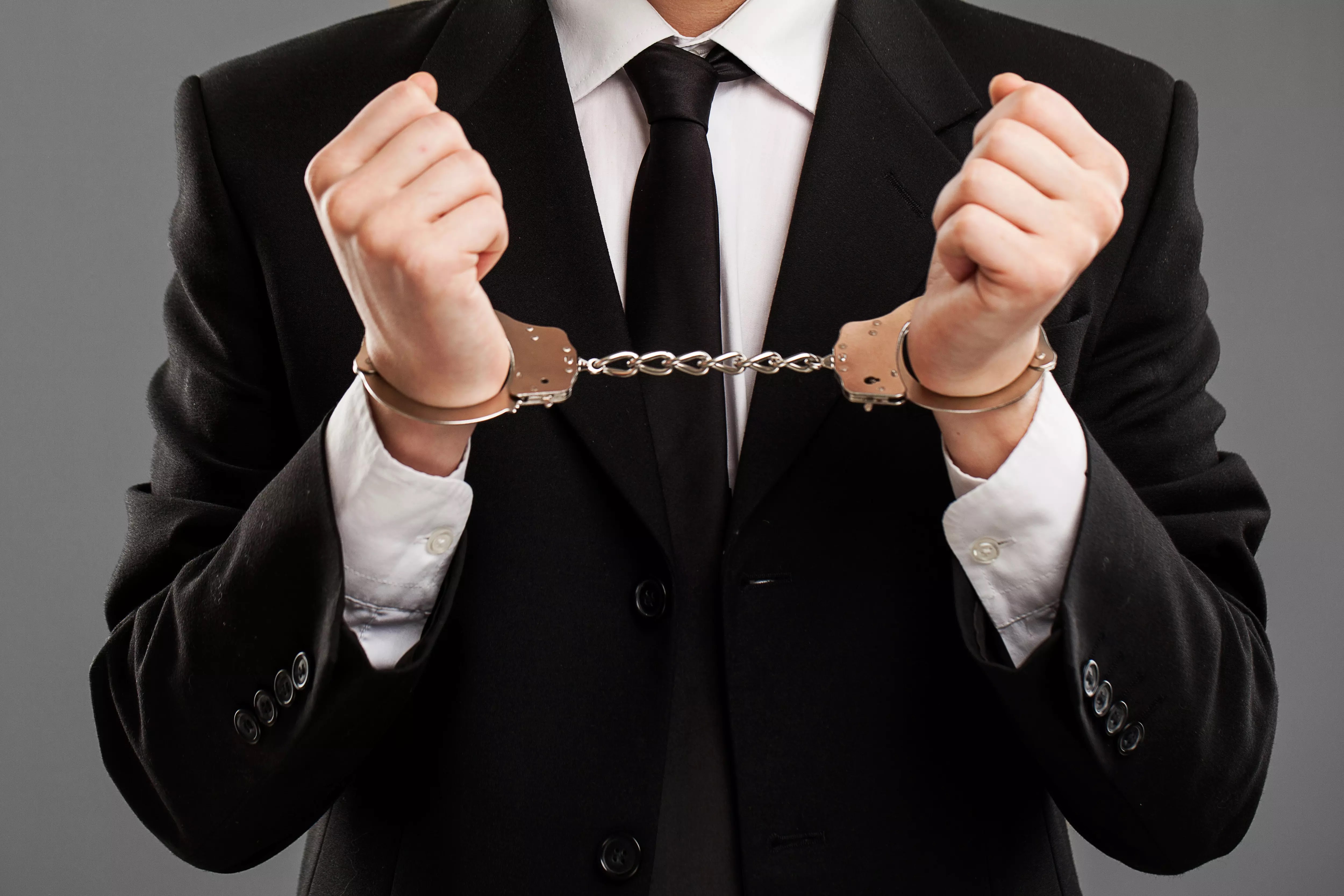
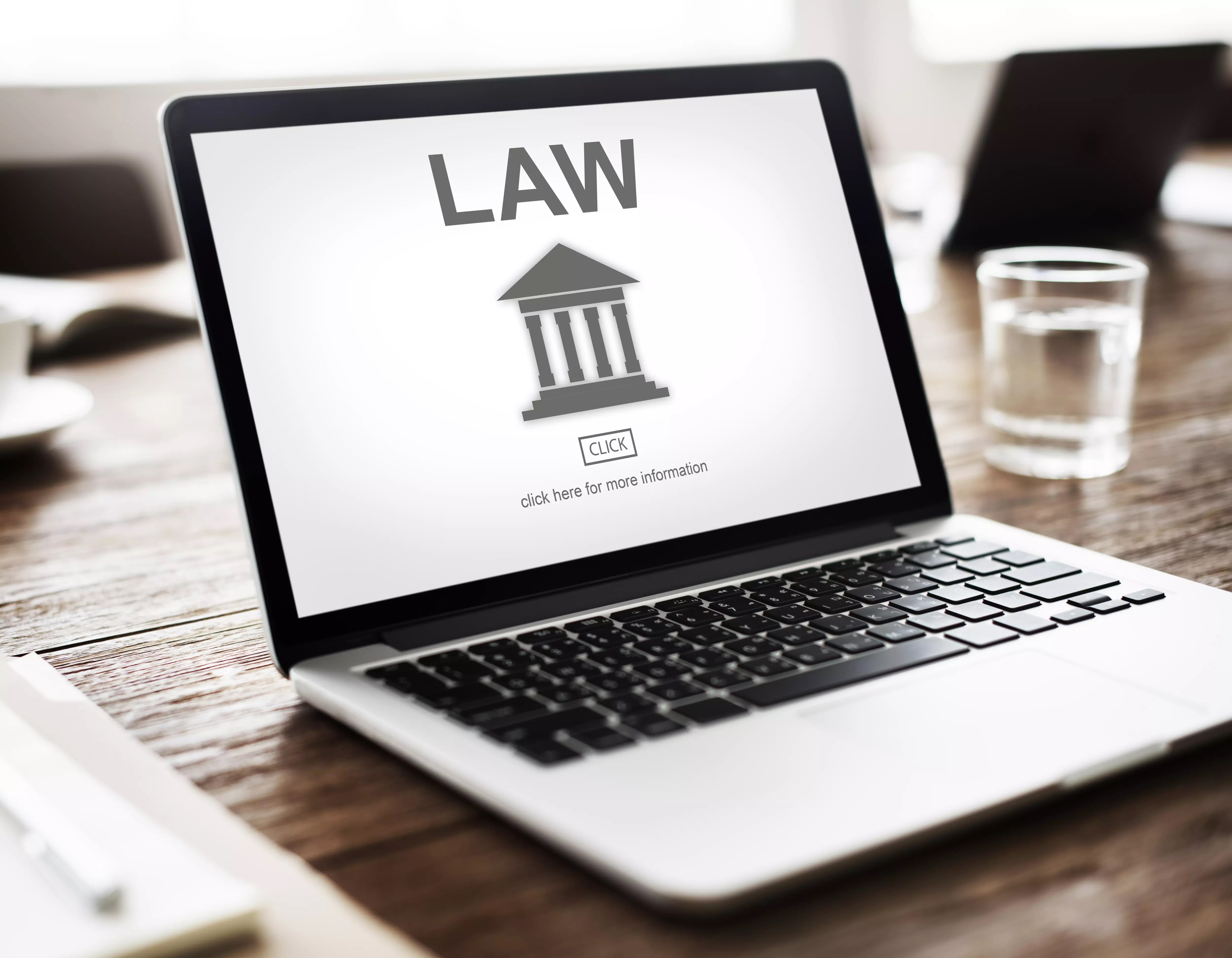


Comments
Post a Comment
Thanks, For Your Valuable Comment